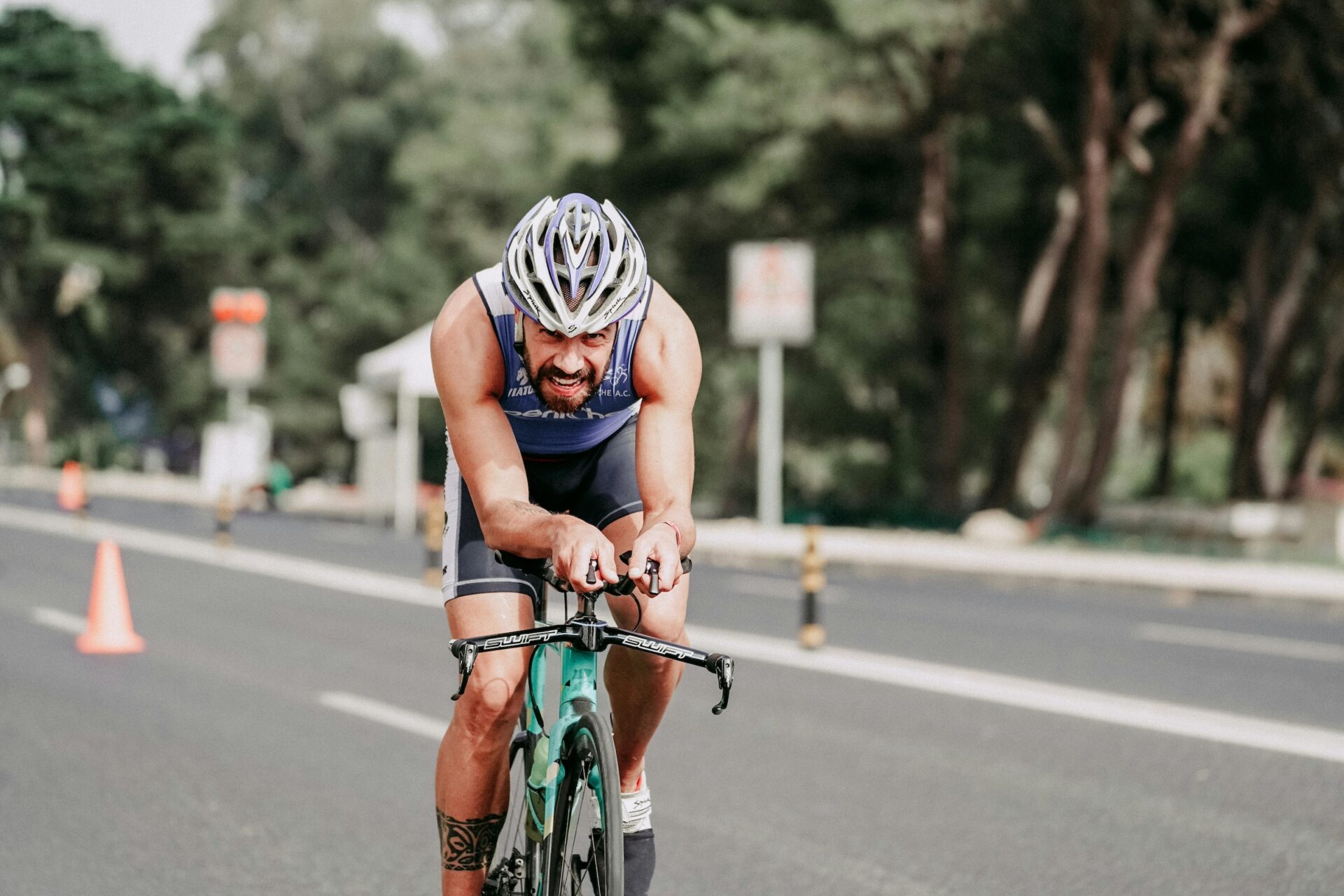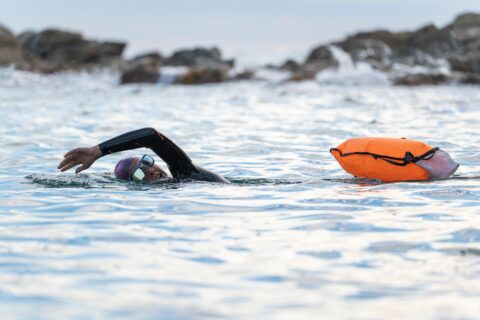Triathlon can be a demanding sport—so how can you set yourself up for success? We asked former pro triathlete and six-time Ironman 70.3 champion Emma-Kate Lidbury to share her top tips.
Triathlon can be a demanding sport—so how can you set yourself up for success? We asked former pro triathlete and six-time Ironman 70.3 champion Emma-Kate Lidbury to share her top tips.




